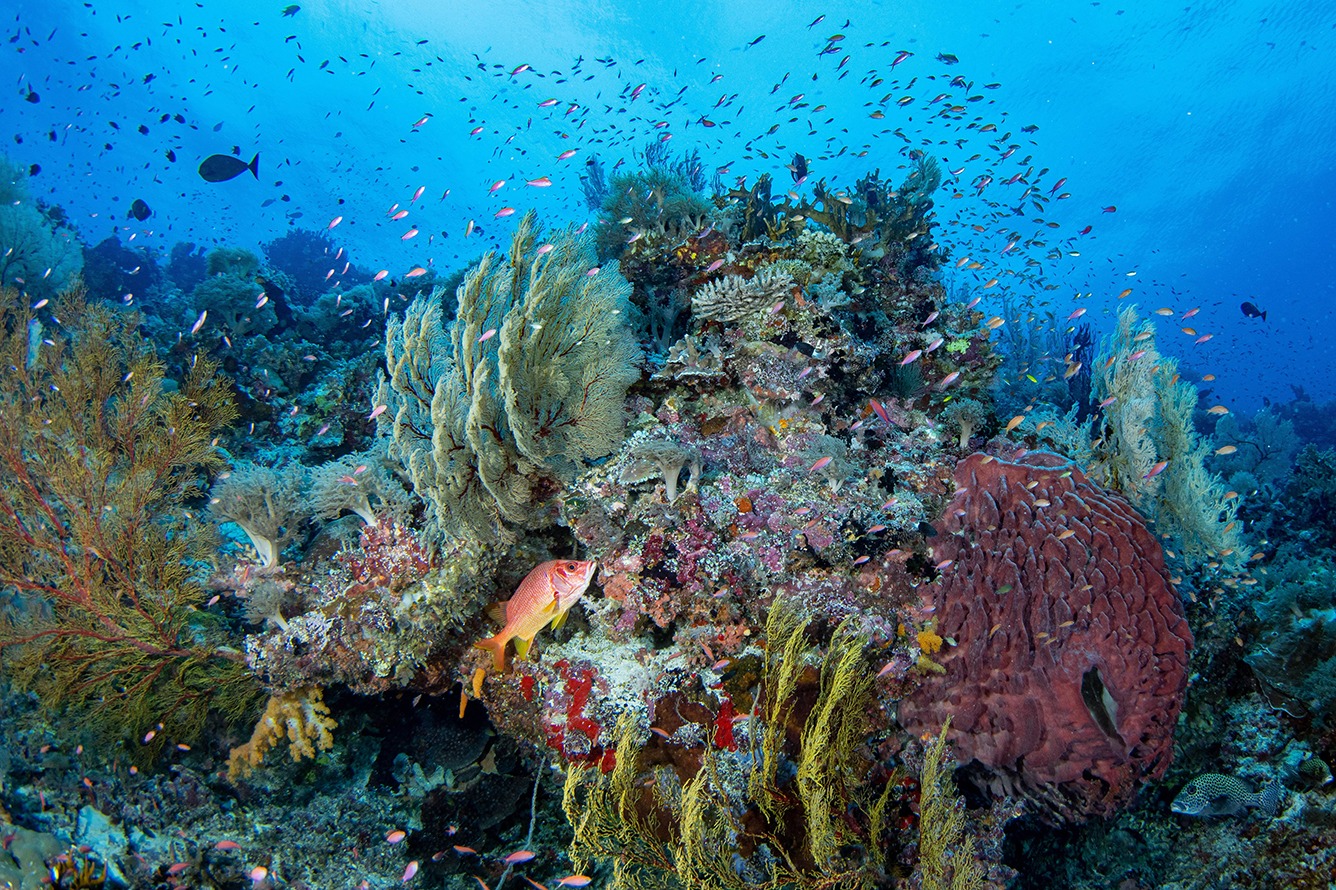Elevating Oceans to Stand Beside Forests in the COP30 Agenda
By His Excellency Dr. James Fletcher, CARICOM Climate Envoy

As the CARICOM Climate Envoy, I join colleagues in the wider community of Small Island Developing States (SIDS) in calling for ocean health to be elevated to a central theme at COP30 in Belém, Brazil. This emphasis is not only critical for SIDS but for the entire planet, holding equal weight to the forest conservation priorities of Brazil and other Amazonian nations.
The upcoming 2025 United Nations Ocean Conference (UNOC3) in Nice, France, under the theme “Accelerating action and mobilizing all actors to conserve and sustainably use the ocean,” provides an opportunity for the global climate community to recognize the inextricable link between ocean sustainability and climate stability. The goals of UNOC3, particularly its alignment with Sustainable Development Goal 14, underscore the importance of conserving and sustainably using oceans, seas, and marine resources.
For SIDS, the ocean is the cornerstone of our existence, economically, culturally, and environmentally. Marine ecosystems underpin our economies through fisheries, tourism, and transportation. Oceans also serve as vital climate regulators, absorbing nearly 30% of global CO₂ emissions and over 90% of the excess heat generated by greenhouse gases. Unfortunately, these life-sustaining systems are increasingly threatened by warming temperatures, acidification, and pollution.
The recent adoption of the High Seas Treaty, or BBNJ Agreement, marks a pivotal moment in global ocean governance. It enables greater protection of marine biodiversity beyond national jurisdictions, facilitates the creation of marine protected areas, and strengthens sustainable ocean stewardship. It will be critical for COP30 to complement the BBNJ Agreement by aligning climate action with the conservation and sustainable use of marine resources, recognizing the vital role that healthy ocean ecosystems play in climate mitigation, adaptation, and resilience.
However, to focus solely on forests or oceans in isolation would be to miss a critical issue: the climate crisis is also a crisis of marine and terrestrial biodiversity. Latin America and the Caribbean is home to over 40% of our planet’s biological diversity. From the Amazon rainforest to the Caribbean’s coral reef ecosystems, this region represents a biodiversity epicenter that is vital to sustaining planetary ecological balance and resilience. What happens in our forests directly affects our oceans – through sedimentation, nutrient runoff, and carbon cycling.
Therefore, COP30 in Belém must not be seen only as a “Brazil COP” or even solely a “South American COP,” but as a “Latin America and Caribbean COP.” This framing reflects our region’s intertwined destinies and shared responsibilities in preserving land and sea ecosystems that are vital to both regional identity and global climate regulation. It is an opportunity to showcase leadership that embraces the continuum of land and sea, ridge and reef, and the biocultural richness we must safeguard.
By positioning oceans alongside forests as core pillars of COP30, we can advance a truly integrated, ecosystem-based approach to climate action. This alignment takes advantage of an important opportunity to forge a global compact that reflects the urgency and interconnectedness of our biodiversity and climate crises.
This article is featured in our May newsletter. Click here to read the full issue.
